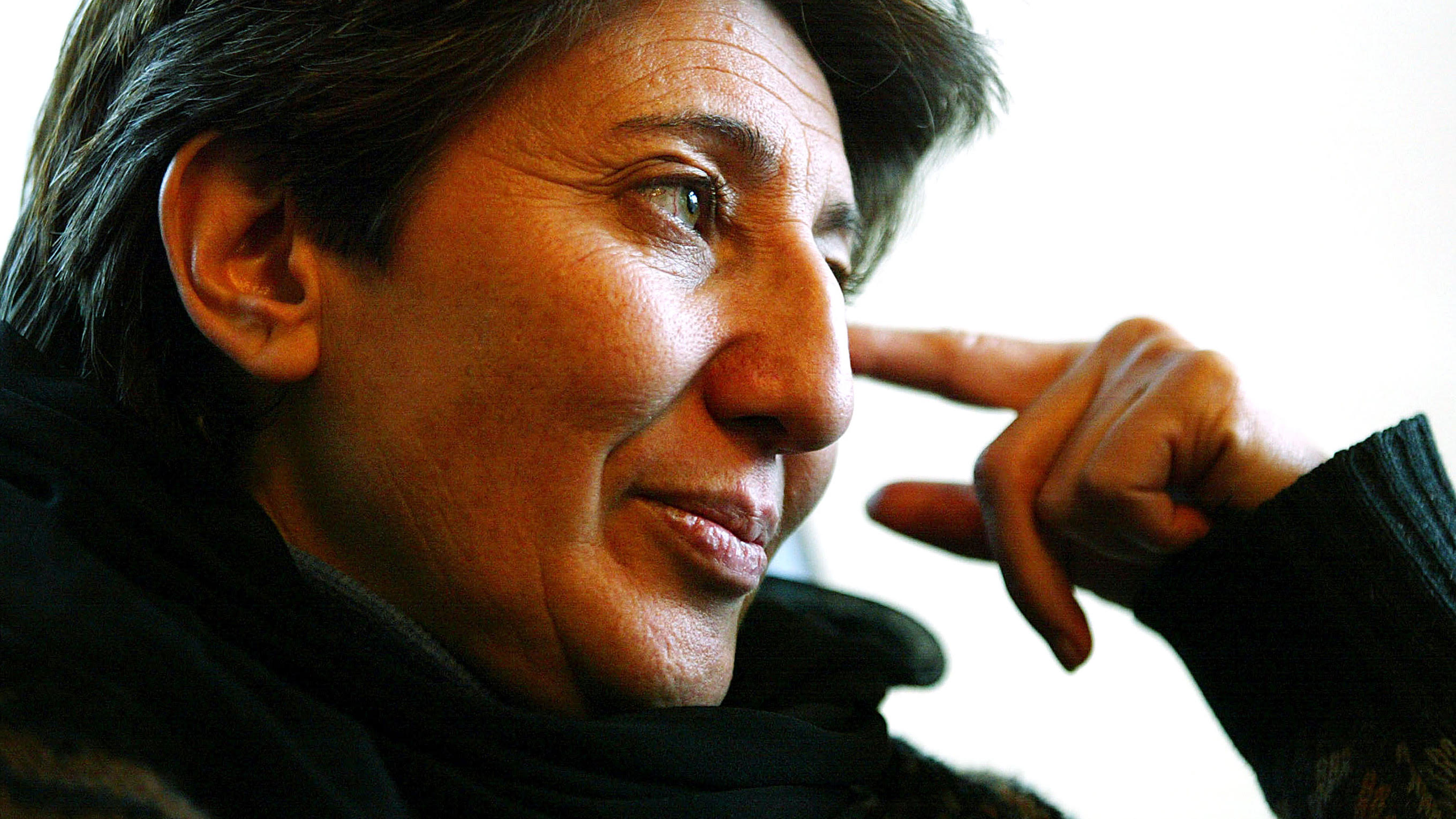Afghan activist Sima Samar has spent decades fighting—against incredible odds and despite frequent death threats—for the rights of women.
- She received a medical degree from Kabul University, the first Hazara woman to do so. (The Hazara are a persecuted minority.)
- She created the Shuhada Organization and Clinic, which operates dozens of clinics, hospitals, primary schools, high schools, and shelters in Pakistan and Afghanistan, mainly for women and girls. The organization has helped millions of people, from caring for their health to providing literacy programs and training them for jobs.
- She established the nonprofit Gawharshad Institute of Higher Education, which offers women training in the fields of political science, political sociology, economic planning, leadership, and administration.
- She was a member of the United Nations High-Level Panel on Internal Displacement.
- She was the founder and leader of Afghanistan’s Ministry of Women’s Affairs.
- She was a special investigative reporter for the United Nations, reporting on human rights abuses.
- She is the chairperson of the Afghan Independent Human Rights Commission.
In 1979, Afghanistan’s Communist regime kidnapped her husband, his three brothers, and more than 60 other family members; they were never seen again. Several years later, after getting her medical credentials, Samar was herself threatened and forced to flee to Pakistan with her young son. There she created the Shuhada Organization and Clinic and operated underground home-school classes for girls.
Samar returned to Afghanistan in 2002 to serve as the transitional government’s first Minister for Women’s Affairs. In that position, she helped women return to their jobs and keep their seniority after maternity leave, she launched a legal department to protect women, and she opened craft schools for married women.
Summing up her work, Samar says, “In order to achieve my goal and fight against the inequality in the country, I decided to take on the most difficult task in Afghanistan: to prove that a woman can also do the same work as a man.”
That task was not only formidable, but also put her in danger: Samar doesn't accept the policy of secluding women from the public, nor of wearing the burqa (head-to-foot wrap), nor of restricting women’s rights; that resulted in her receiving death threats and resigning from the ministry. To this day, Samar goes nowhere without bodyguards.
Samar sees the COVID pandemic as “widening the gap between the rich and the poor.” She's committed to reducing that gap, particularly as it applies to women. “It’s not going to be easy for anyone to change [the situation in Afghanistan] overnight or even in a year’s time,” she says, “but where there is political will, there is a possibility for change.”

